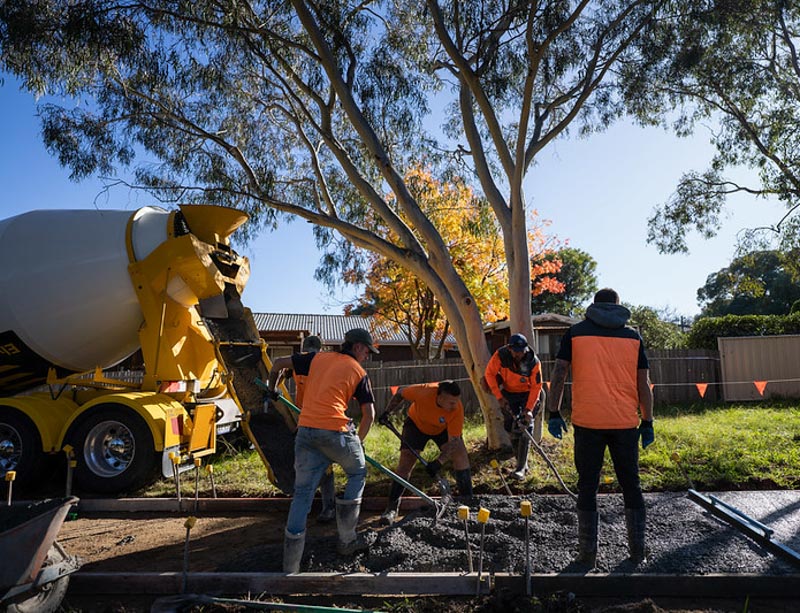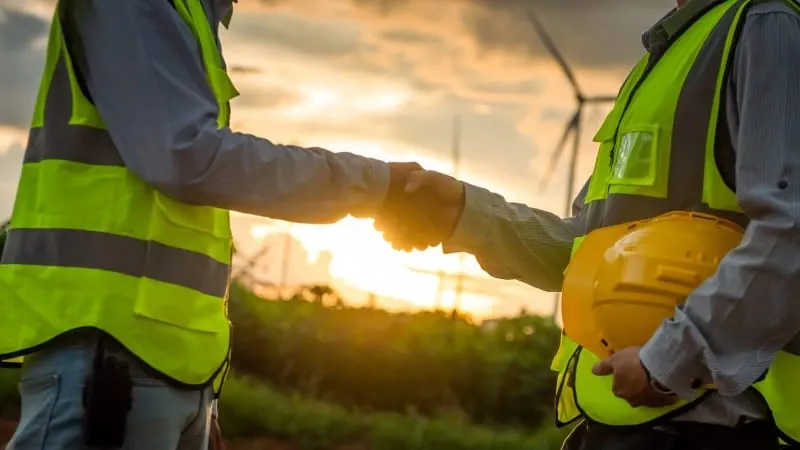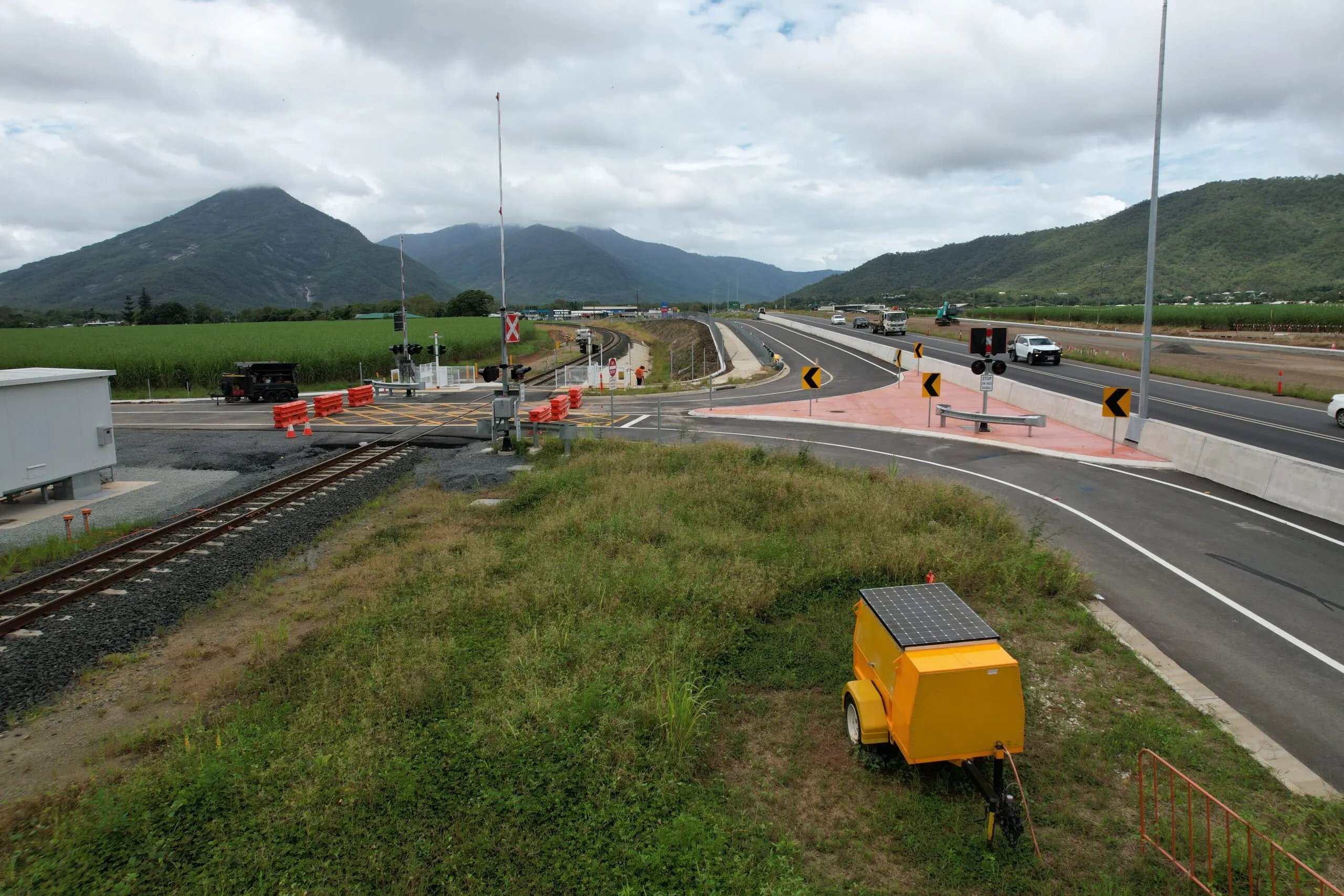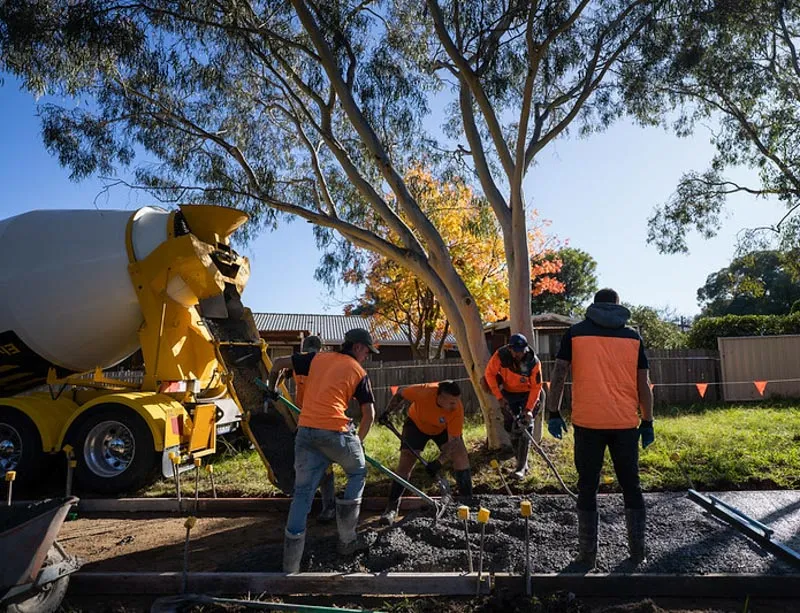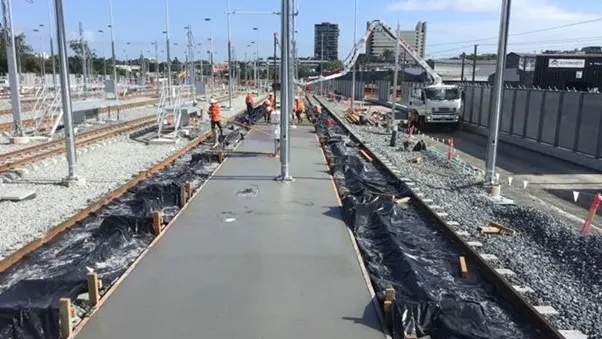The Mordiolloc Freeway Project sees value in using eMesh as one of the sustainable materials to achieve sustainability outcomes.
13.4 tonnes of eMesh 100% recycled plastic fibre reinforcement was used to replace steel mesh to construct the SUP in the Mordiolloc Freeway Project (MFP). The MFP put great focus on targeting lower project emissions by using recycled sustainable products such as eMesh.
The technical paper on MFP published by Engineers Australia highlights the benefits achieved through the use of eMesh.
“Mordiolloc Freeway, often referred to as ‘Australia’s Greenest Freeway’, proactively implemented various materials and design initiatives to reduce environmental impacts. Initiatives and optimisations included:
- In a world first, plastic noise walls were made up of 75% recycled plastic waste
- 5kms of 100% recycled plastic drainage pipe
- 13.4 tonnes of 100% recycled plastic fibre eMesh
- The delivery of 6,800 tonnes of unused concrete, asphalt and brick to a recycling facility which reused the material for road base
- The use of 192,511 tonnes of road base containing 97% recycled materials including crushed concrete and crushed glass.
The project collectively saved over 14,300 tonnes of greenhouse gas emissions and reduced material impact by 19%.
Overall, 97% of construction waste was diverted from landfill and 44% of energy used was from green energy providers.
Running parallel to the freeway is the 7,700 lineal metres of shared use path (SUP) developed for community use. This SUP was constructed from concrete with >30% Portland Cement replacement (Supplementary cementitious materials – slag and fly ash), and 100% recycled plastic fibre reinforcement (a Victorian first innovation on a major road project). The project used approximately 17 tonnes of recycled plastic fibres (eMesh) made from industrial offcut waste and manufactured by Fibercon (now ENVIROMESH). The recycled plastic pallets in the product development process were purchased from a company (Martogg Group) in Dandenong and sent to a registered NDIS provider (McCallums Industries) in Ballarat for packaging. McCallums employs 90 people with disabilities all of whom have worked to package eMesh into boxes and then stack them onto pallets ready for delivery to concrete plants around Australia.
Using sustainable materials in the SUP saved approximately 400 tonnes of greenhouse gas emissions compared to typical construction materials.”
Read the full Technical Paper.


